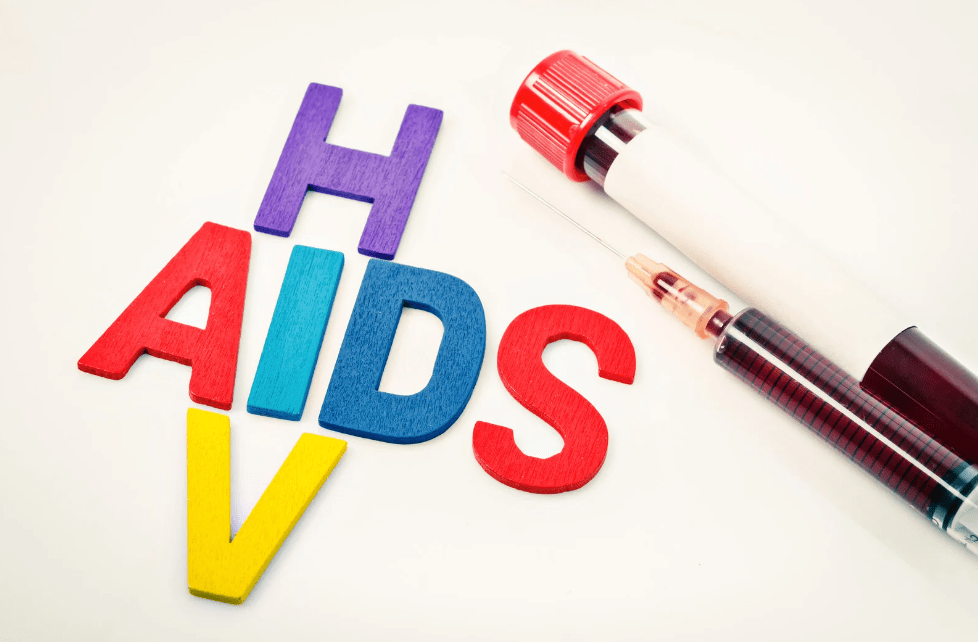Can I Get Disability Benefits for HIV/AIDS?
The rate of new HIV infections in the U.S. has declined dramatically in recent years. Still, more than one million Americans are currently living with HIV. Fortunately, early and consistent treatment for HIV lowers viral loads significantly, allowing many people who are infected with HIV to live normal, healthy lives and never advance to AIDS.
Because symptoms vary significantly depending on the stage of the condition, treatment, and other factors, some people with HIV/AIDS will qualify for Social Security disability (SSD) benefits and others will not.
Establishing that You Have HIV
The Social Security Blue Book sets forth specific requirements for a disability benefits applicant to demonstrate that they have HIV. The Social Security Administration (SSA) will accept positive findings on one or more of the following:
- HIV antibody screening confirmed by a supplemental HIV antibody test, an immunofluorescence assay, or an HIV-1/HIV-2 antibody differentiation immunoassay
- HIV nucleic detection test
- HIV p24 antigen test
- Isolation of HIV in viral culture
- Another test that is “highly specific for detection of HIV” and “consistent with the prevailing state of medical knowledge”
Of course, establishing your diagnosis is just the first step. You must also show that your condition prevents you from engaging in substantial gainful activity (SGA), and will either continue to do so for at least 12 months or will end in death.
Proving You are Disabled by HIV/AIDS
One way to show that you are disabled due to HIV or AIDS is to meet the criteria outlined in the Blue Book. To be considered disabled based on the listing, an HIV patient must show one of the following:
- Multicentric Castleman disease affects multiple groups of lymph nodes or organs containing lymphoid tissue
- Primary central nervous system lymphoma
- Primary effusion lymphoma
- Progressive multifocal leukoencephalopathy
- Pulmonary Kaposi sarcoma
- Absolute CD4 count of 50 cells/mm3 or less
- Absolute CD4 count of less than 200 cells/mm3 or CD4 percentage of less than 14% AND
- BMI of less than 18.5, OR
- Hemoglobin measurement of less than 8.0 grams per deciliter
- Complications of HIV requiring at least three hospitalizations of at least 48 hours each within 12 months, at least 30 days apart
- Repeated manifestations of HIV infection resulting in marked limitation of:
- Activities of daily living, OR
- Maintaining social function, OR
- Completing tasks promptly, due to deficiencies in concentration, persistence, or pace
If you don’t meet the listing criteria, you may still be able to qualify for SSD benefits by showing the SSA that your medical condition prevents you from engaging in substantial gainful activity.
As you can see, pursuing SSD benefits for HIV/AIDS requires extensive medical documentation, and some of that documentation is complex. Working with an experienced SSD benefits advocate from the beginning can help ensure that you’re providing the documentation the SSA will be looking for to approve your claim.
To learn more about how our advocates can help, call 800-800-3332 right now or fill out our contact form https://disabilityhelpgroup.com/contact/







